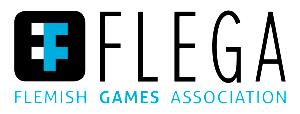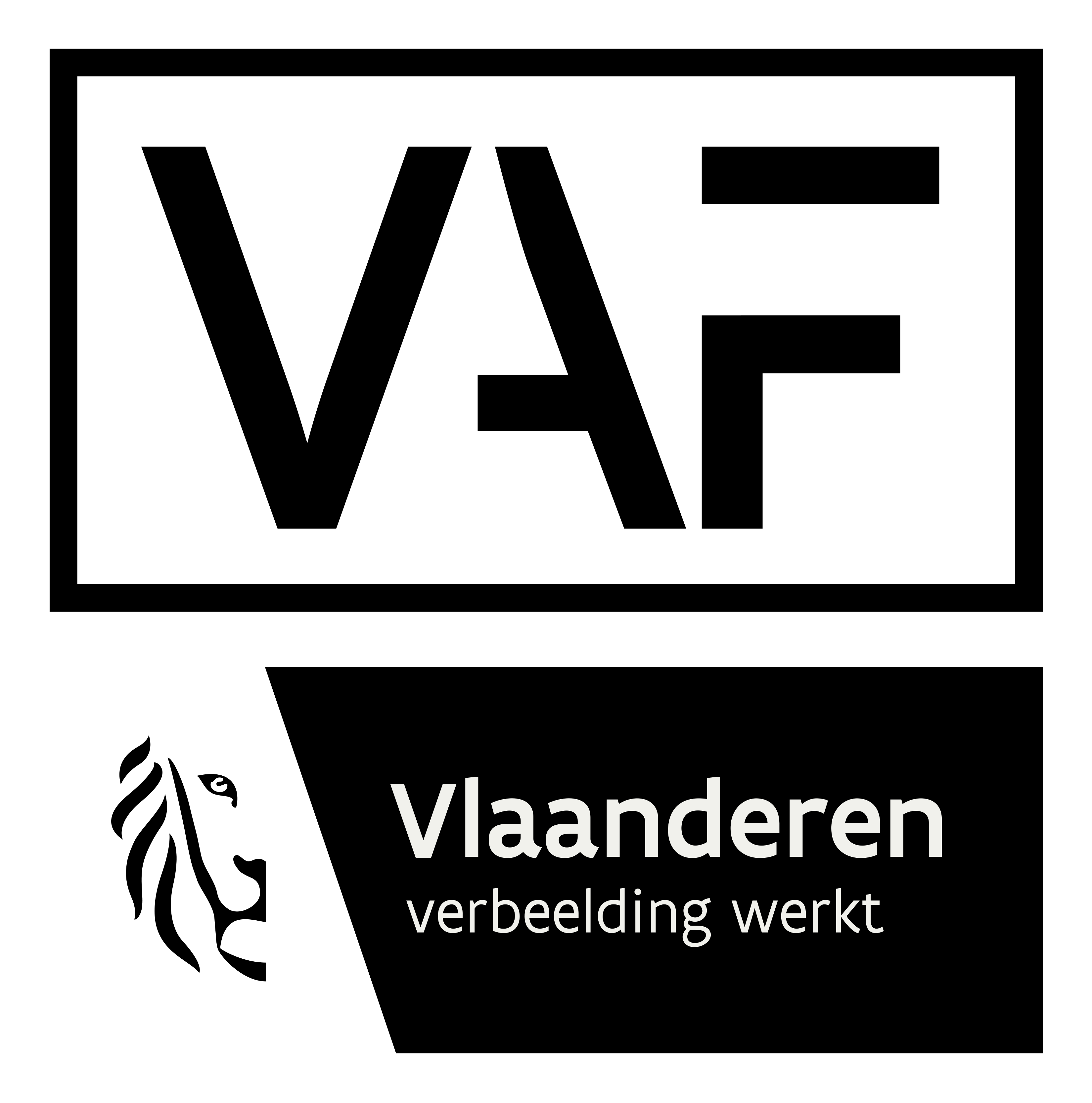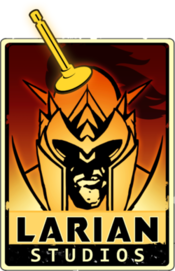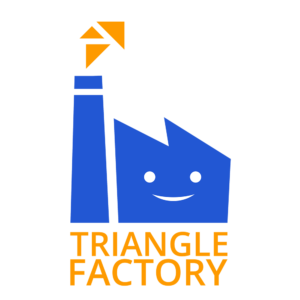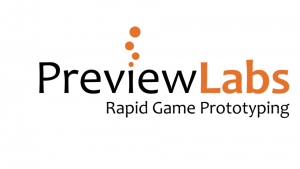 The aim of the wE-MOVE research project was to develop two different exergames to improve children’s rehabilitation and fitness levels. Partnering up with (a.o.) imec, Studio 100, UGent and FLEGA family member Sileni Studios, proud FLEGA member PreviewLabs played a leading role in the development of the game concept and prototypes.
The aim of the wE-MOVE research project was to develop two different exergames to improve children’s rehabilitation and fitness levels. Partnering up with (a.o.) imec, Studio 100, UGent and FLEGA family member Sileni Studios, proud FLEGA member PreviewLabs played a leading role in the development of the game concept and prototypes.
Using input by the UGent Department of Rehabilitation Sciences and Physiotherapy on what movements players would need to perform, the rapid game prototype development company organised a brainstorm session with several project partners, during which a number of game concepts were identified. These ideas were then prototyped by PreviewLabs to find out what concept would best suit the goals of the research project. This led to the development of Shapes & Rhythm and Stealth Game.
Since the target audience primarily consists of younger children, both games feature a Mega Mindy theme, for which Studio 100 delivered graphical assets.
In Shapes and Rhythm, developed for patients suffering from (partial) paralysis of the limb and/or phantom pain, players see their hand in virtual reality and move it to the tune of the music to match shapes appearing underneath. Instead of showing the movement of the impaired hand, the movement of the other hand is mirrored. For the virtual reality experience we used the Oculus Rift, and to track the player’s hands, the Leap Motion tracker was used. By turning mirror therapy into a game, researchers hope players will be motivated to do their exercises over and over again.
Stealth Game was developed for patients that need more movement overall: obese children, children recovering from a brain tumor, or children suffering from a mild motor disorder. In the game, players have to make jumping, climbing and flying movements to pick up dropped items. The game uses the Kinect camera to track the body of players. They are also wearing high-tech inlay soles to precisely track movement of the feet. Thanks to an advanced AI, the game learns from the child’s movements. The more the game will be played, the better the movements will be recognised.
The games have already been tested on a limited scale in the Ghent University hospital. The first results are positive, but more extensive trials will have to be set up to pinpoint the effectiveness of the therapy. Let’s hope the combined efforts of PreviewLabs and Sileni Studios will result in ways to make child rehabilitation less demanding.
